Going In
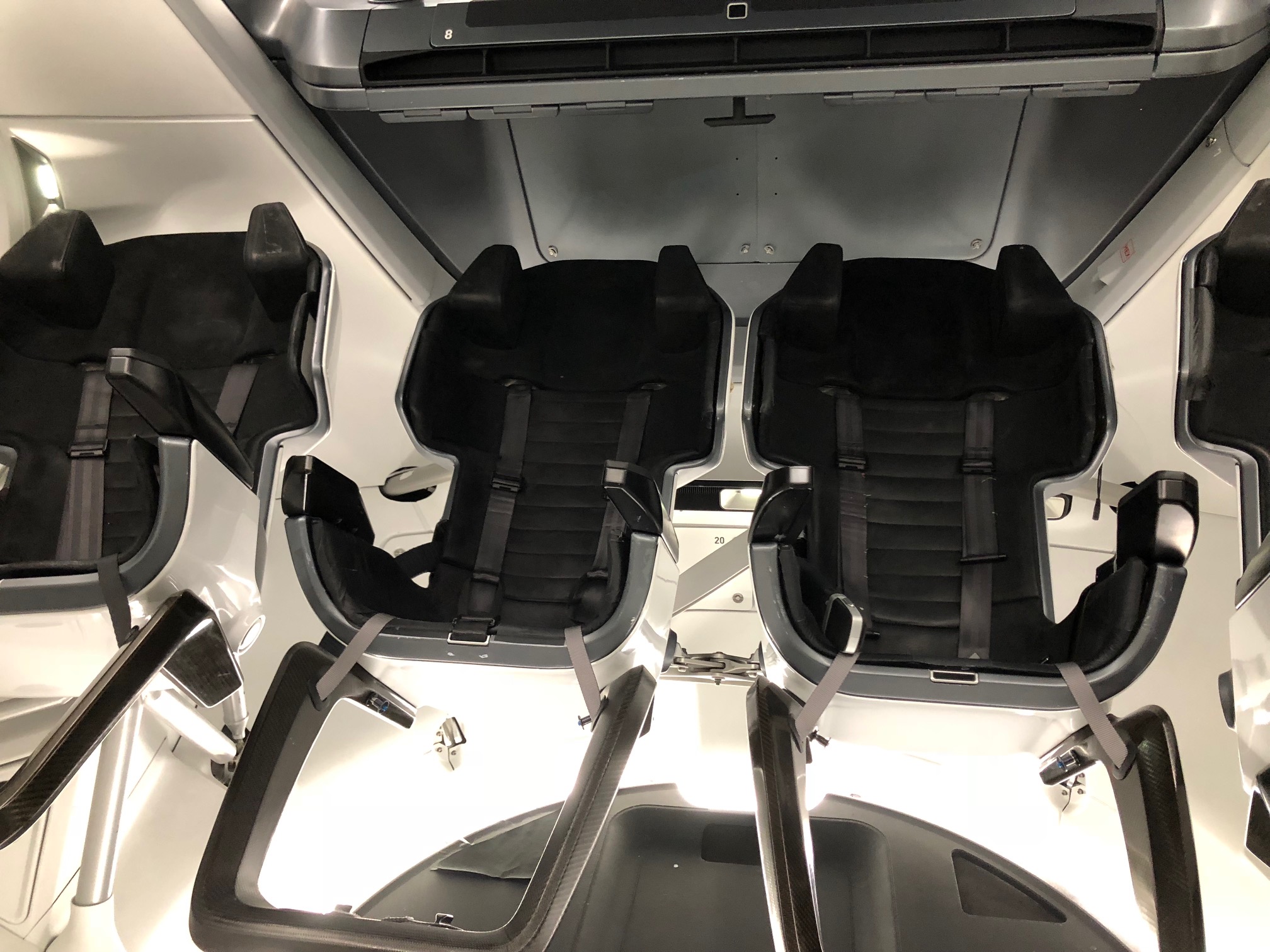
Inside the Crew Dragon simulator, which is outfitted with four seats.
Room with a View
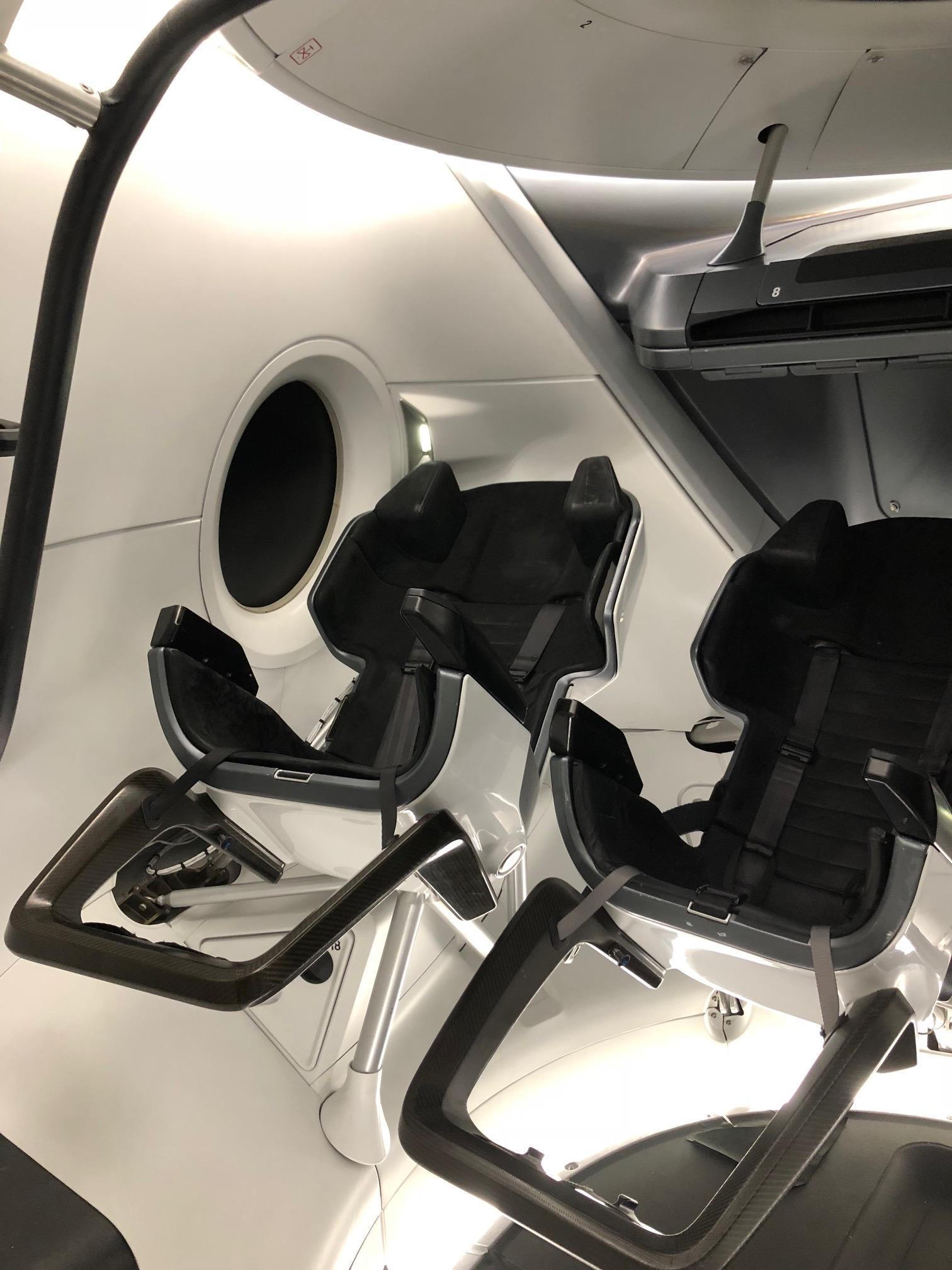
Crew Dragon features four windows.
In Its Place
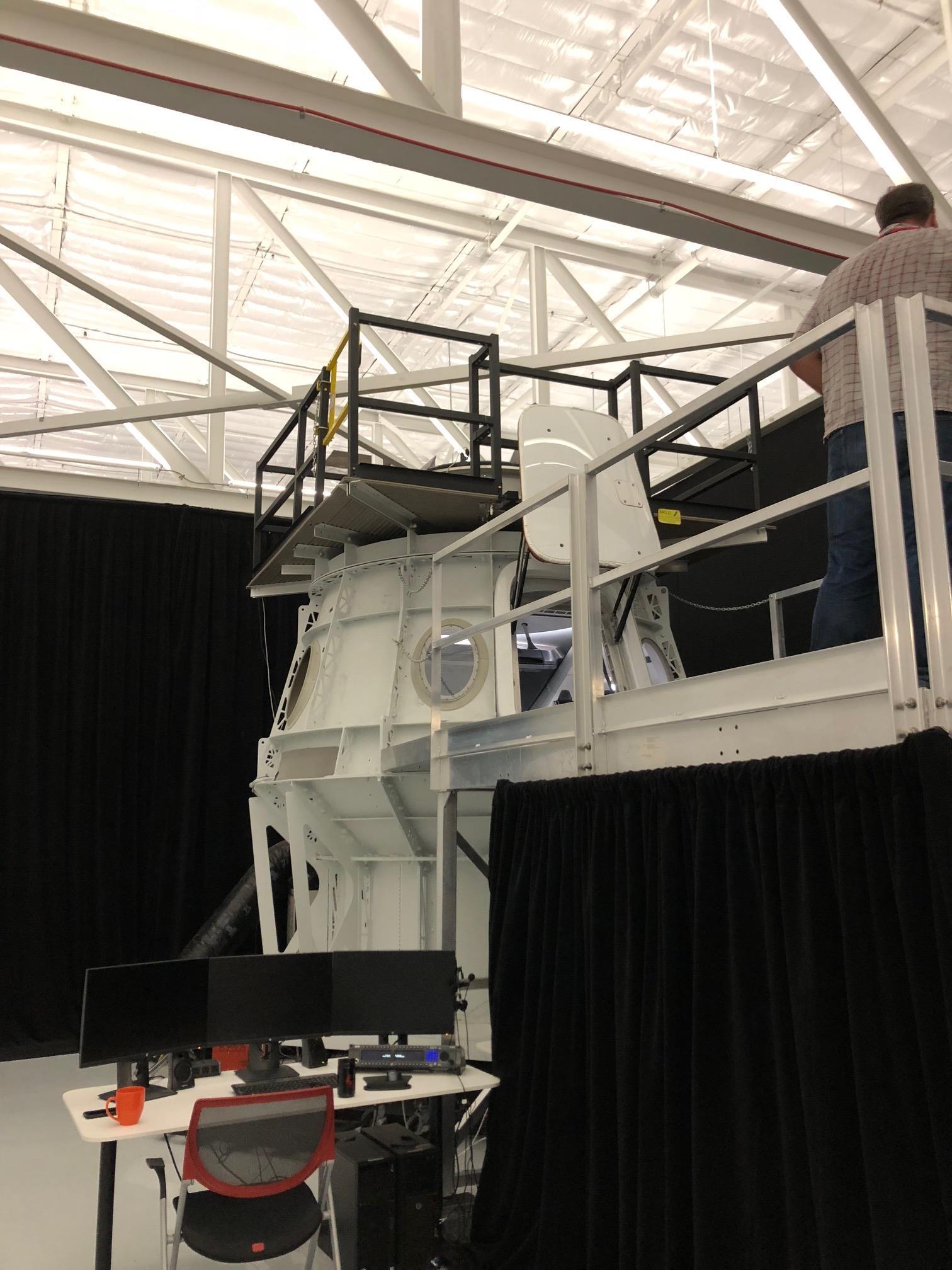
The Crew Dragon simulator, seen from a bit of a distance.
Cockpit Simulator
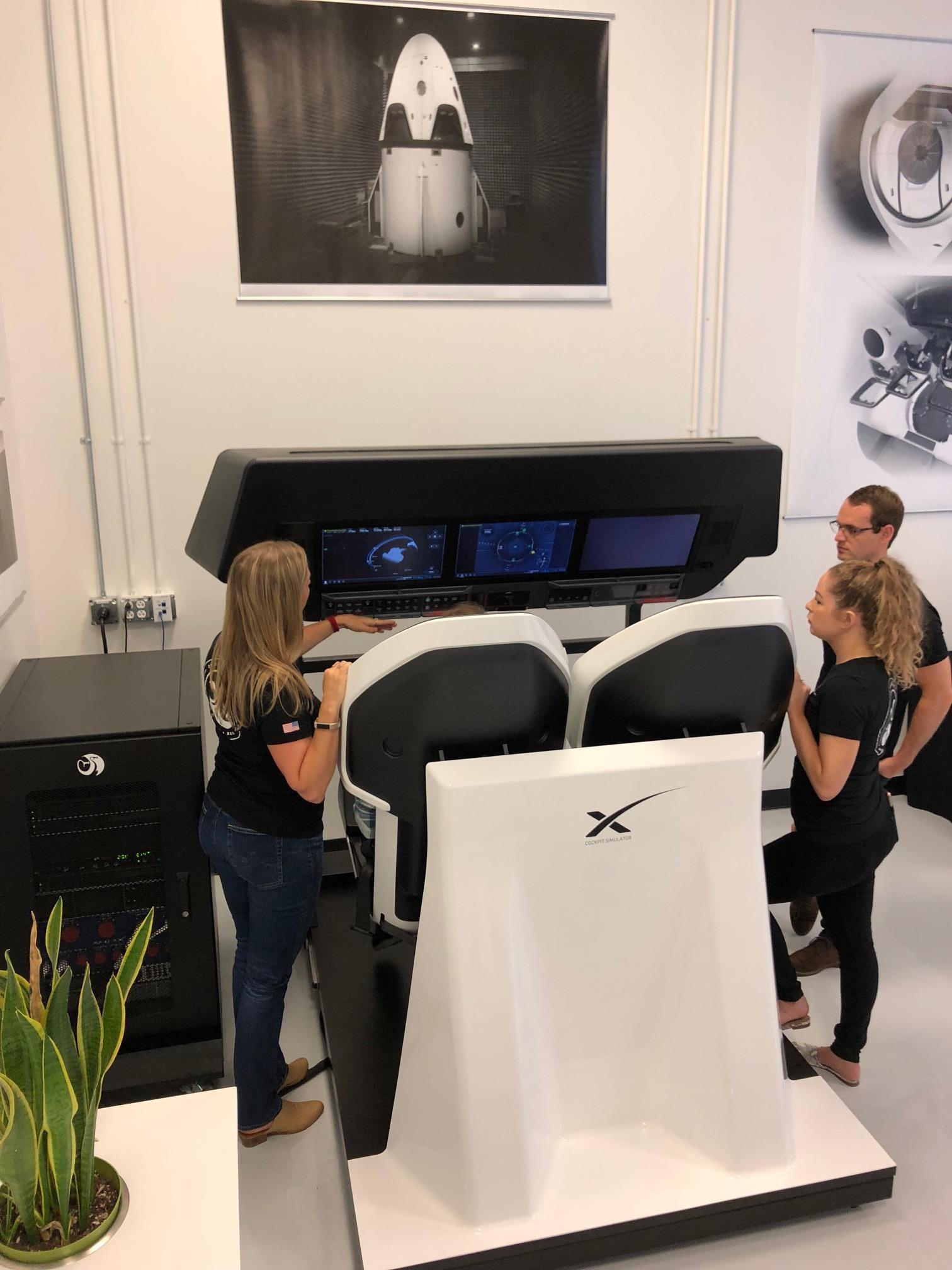
Crew Dragon astronauts get acquainted with the capsule’s touch-screen control system using this cockpit simulator.
Cockpit Simulator: Another Look
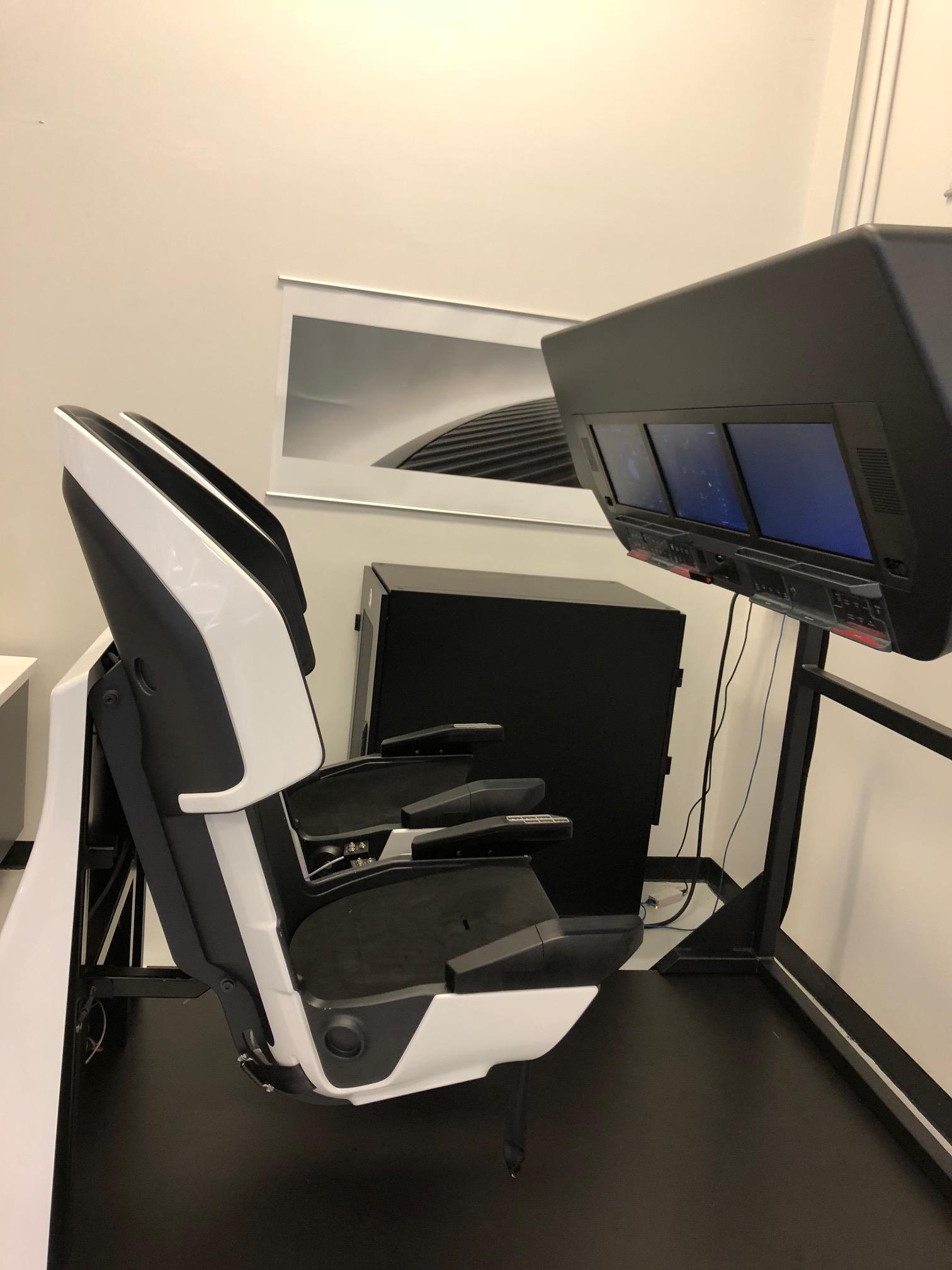
Crew Dragon astronauts won’t do much active flying, if all goes according to plan; the capsule is designed to be fully autonomous, and the first backup is mission control on Earth.
Hatch Trainer
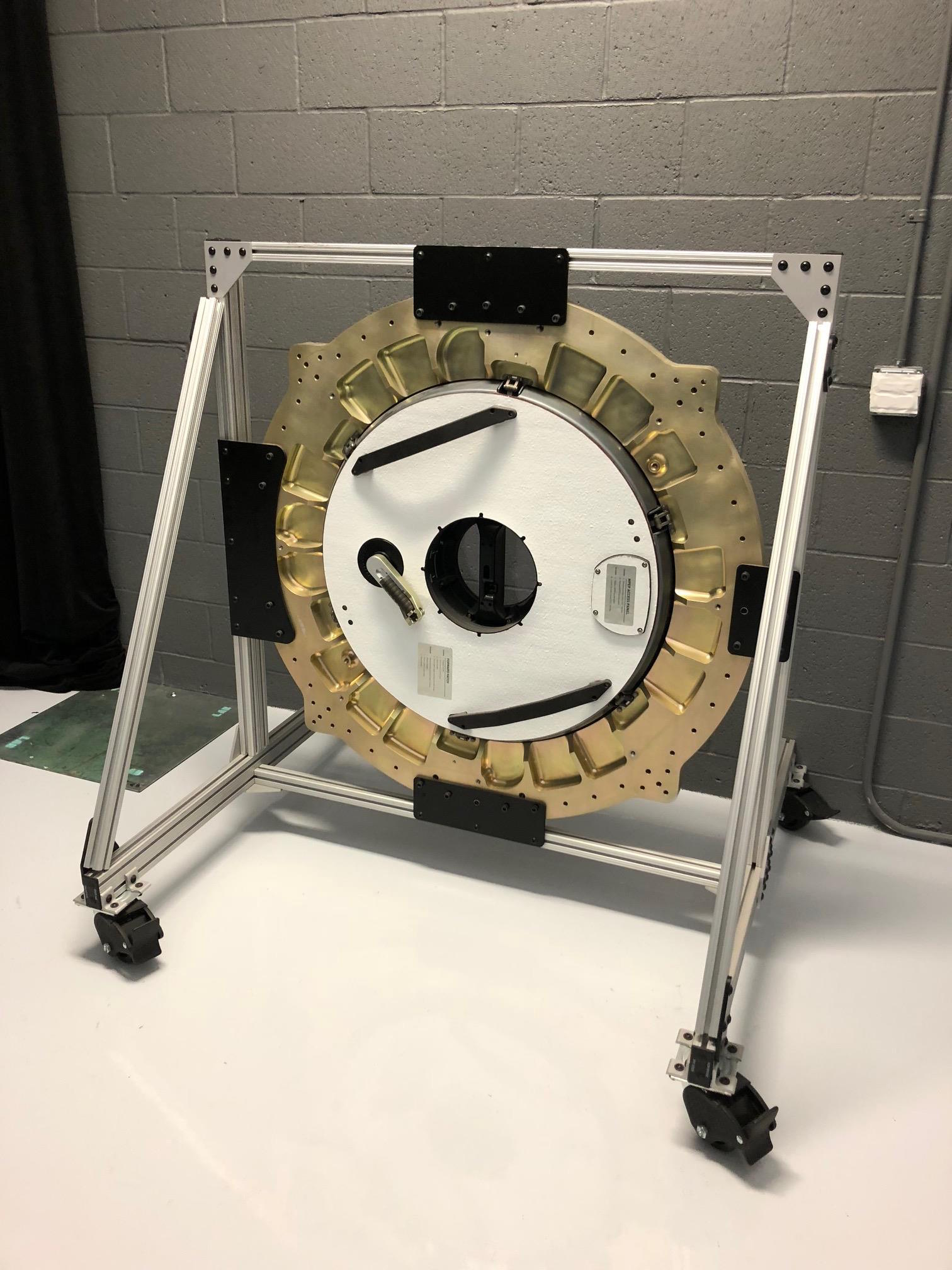
The hatch mockup that Crew Dragon astronauts use to practice opening and closing the connection between their craft and the ISS.
Crew Dragon Designs
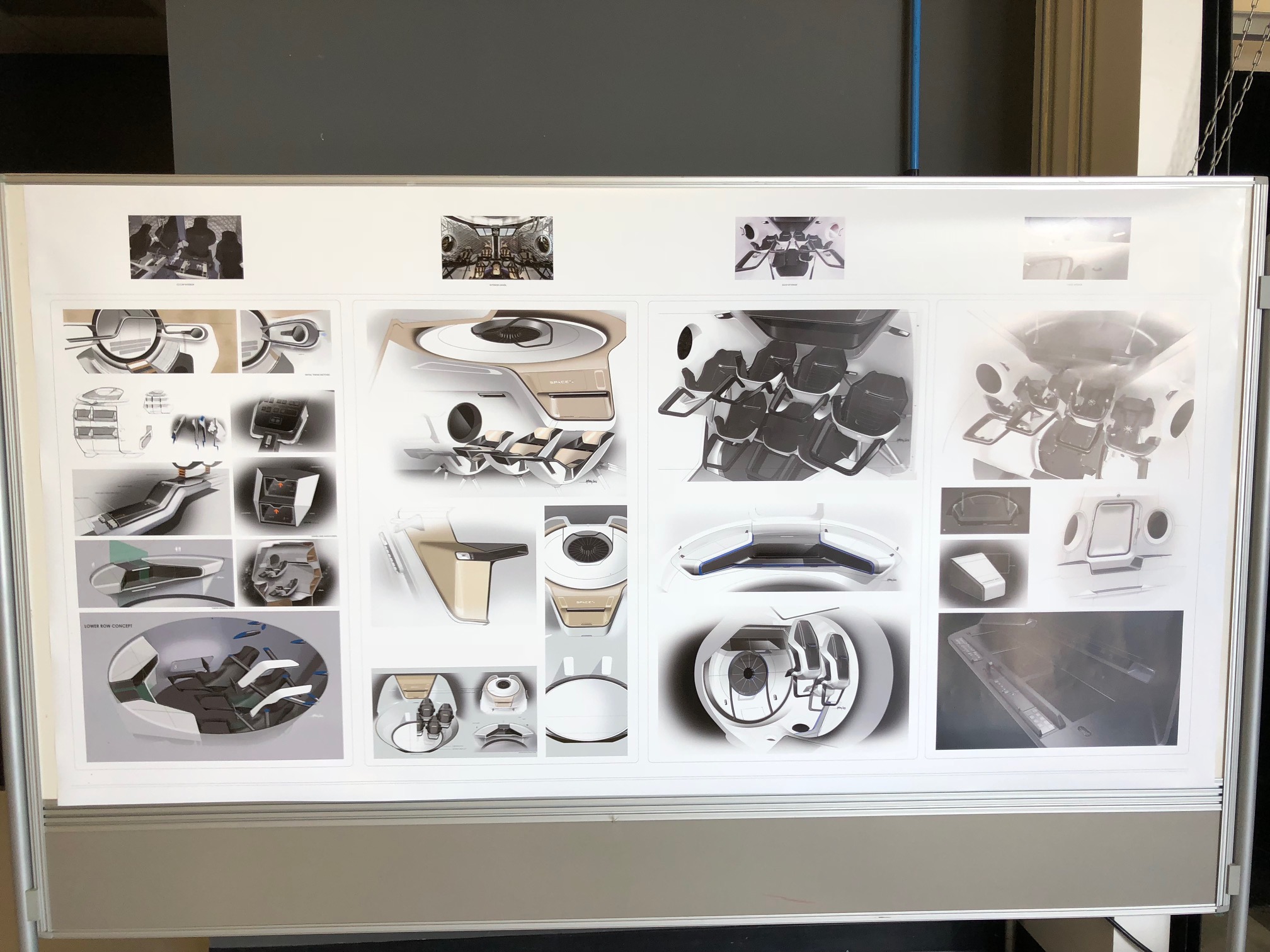
Designs for various Crew Dragon components.
Get the Space.com Newsletter
Breaking space news, the latest updates on rocket launches, skywatching events and more!
Sleek Suit, Sleek Seat
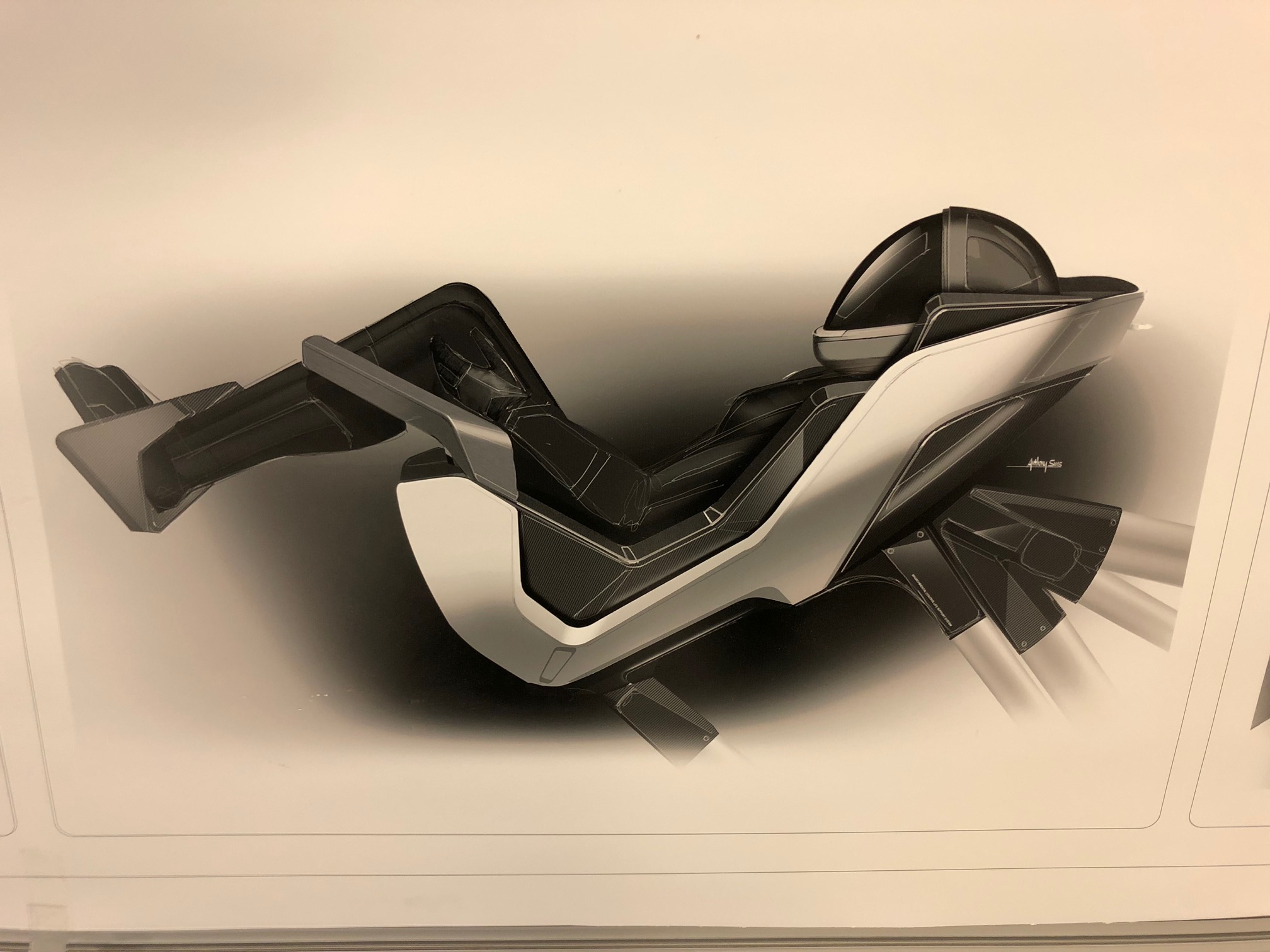
A conception of a Crew Dragon astronaut in his/her seat.
From Vision to Reality
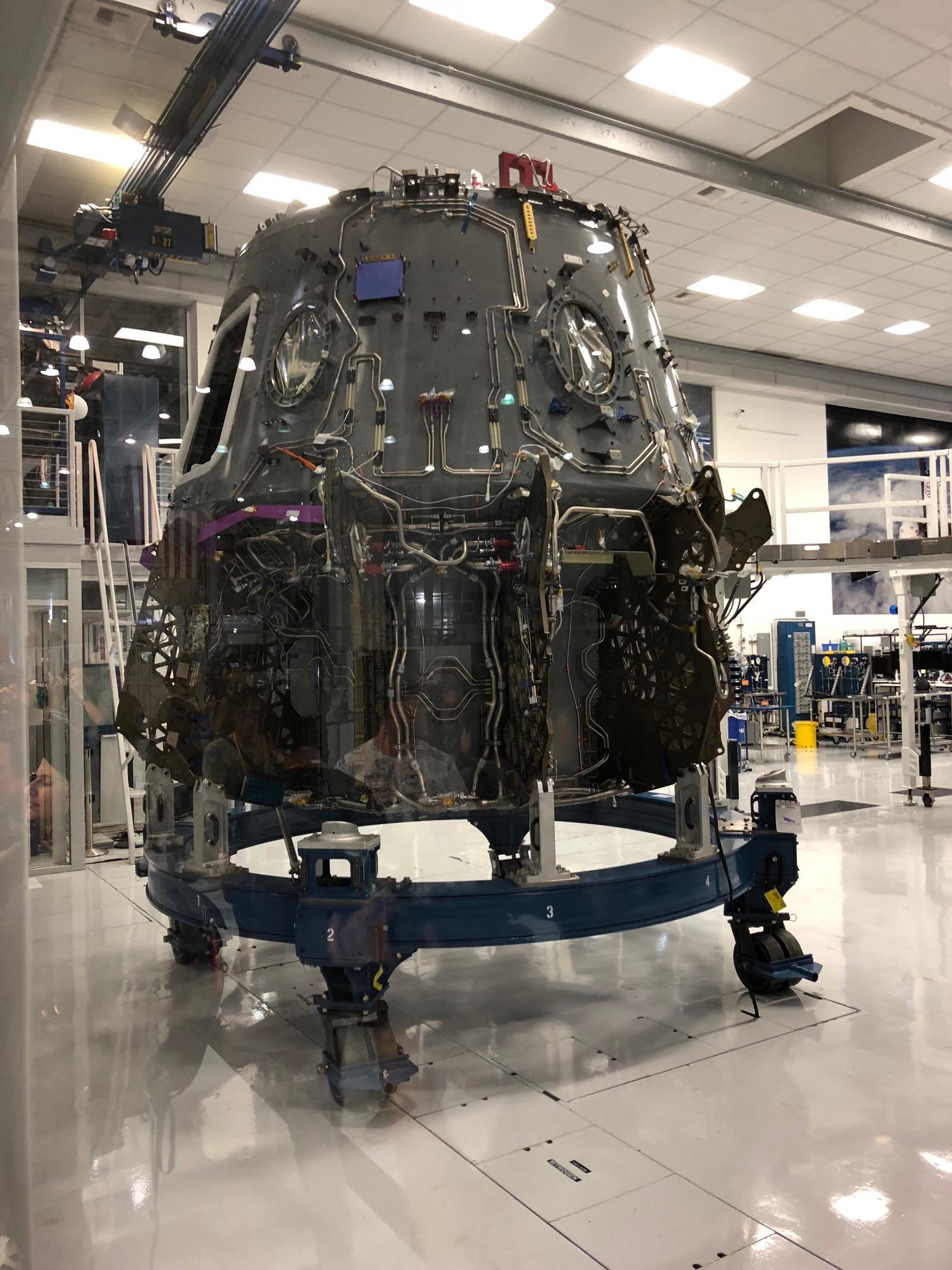
The Crew Dragon capsule that will make the vehicle’s first crewed flight — currently scheduled for April 2019 — under construction in a clean room at SpaceX headquarters.
Dragon and Dragon Riders
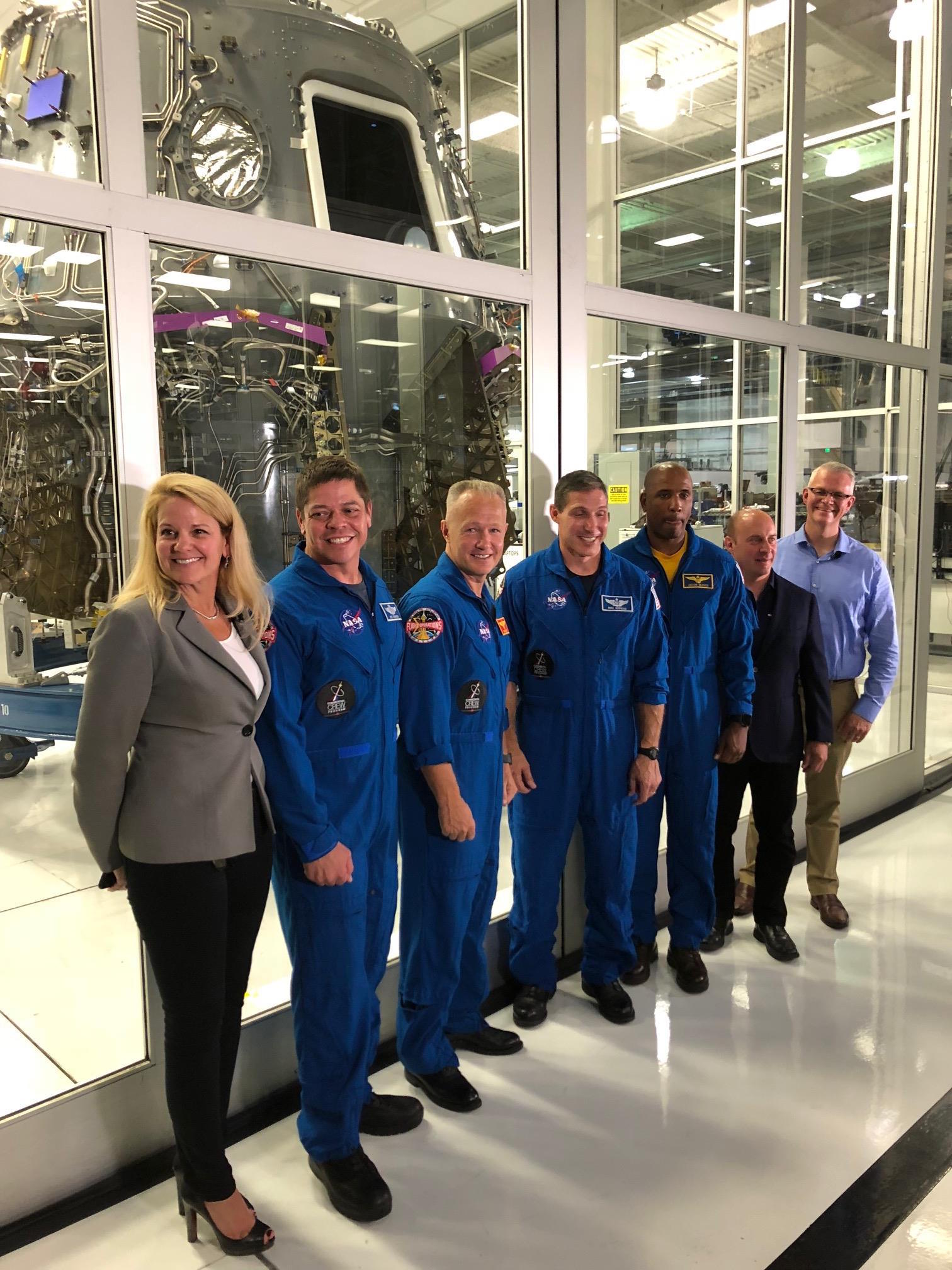
SpaceX personnel and NASA astronauts stand in front of the in-work Crew Dragon on Aug. 13, 2018. From left to right: SpaceX president and COO Gwynne Shotwell; astronauts Bob Behnken and Doug Hurley, who will fly the first crewed test mission of the capsule; astronauts Mike Hopkins and Victor Glover, who will fly the first operational Crew Dragon mission; former NASA astronaut Garrett Reisman, SpaceX’s senior advisor for human spaceflight; and SpaceX director of crew mission management Benji Reed.
Join our Space Forums to keep talking space on the latest missions, night sky and more! And if you have a news tip, correction or comment, let us know at: community@space.com.

Michael Wall is a Senior Space Writer with Space.com and joined the team in 2010. He primarily covers exoplanets, spaceflight and military space, but has been known to dabble in the space art beat. His book about the search for alien life, "Out There," was published on Nov. 13, 2018. Before becoming a science writer, Michael worked as a herpetologist and wildlife biologist. He has a Ph.D. in evolutionary biology from the University of Sydney, Australia, a bachelor's degree from the University of Arizona, and a graduate certificate in science writing from the University of California, Santa Cruz. To find out what his latest project is, you can follow Michael on Twitter.









